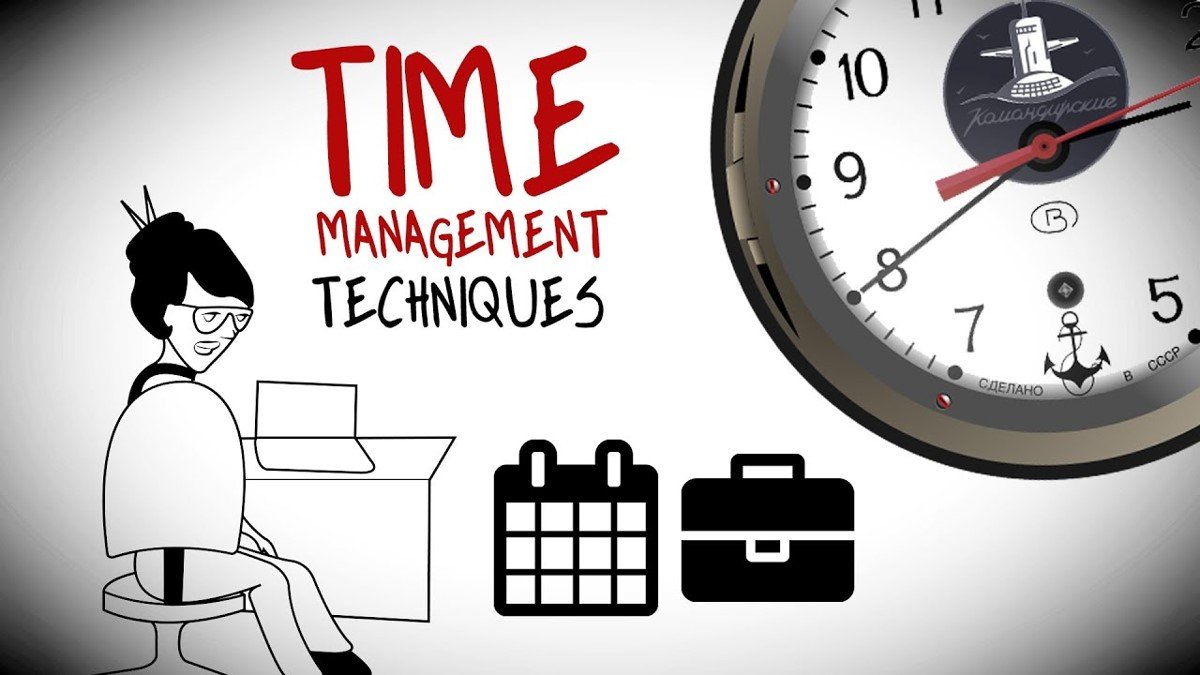Five Ideas For A Productive Workweek

A productive workweek is essential for achieving professional success and personal fulfillment. By utilizing effective strategies and adopting a proactive mindset, you can enhance your productivity and accomplish your goals efficiently. This article presents five ideas that will help you make the most of your Productive workweek, ensuring you stay focused, organized, and motivated.
Read more: How Data Analytics and Artificial Intelligence Can Optimize Operations Management Processes
Setting Goals and Prioritizing Tasks

To kickstart a productive workweek, it’s crucial to set clear goals and prioritize tasks. Begin by outlining your objectives for the week, whether they are project milestones, deadlines, or personal targets. Break down these goals into actionable tasks and rank them based on their importance and urgency.
Creating a Weekly Plan
Create a weekly plan that includes your goals, tasks, and deadlines. Utilize productivity tools like task management apps or digital calendars to keep track of your schedule. By having a well-defined plan, you can visualize your workload and stay focused on completing each task systematically.
Applying the 80/20 Rule
The 80/20 rule, also known as the Pareto Principle, suggests that 80% of your results come from 20% of your efforts. Identify the most significant tasks that align with your goals and prioritize them. By focusing on the critical few tasks, you can maximize your productivity and achieve meaningful outcomes.
Time Management Techniques

Effective time management is key to maintaining a productive workweek. Implementing proven techniques can help you optimize your time and allocate it wisely.
Pomodoro Technique
The Pomodoro Technique is a time management method that involves working in focused intervals, typically 25 minutes, followed by short breaks. Set a timer for each work session and commit to working on a specific task during that time. Once the timer goes off, take a short break to recharge before diving into the next session.
Time Blocking
Time blocking involves scheduling specific blocks of time for different tasks or activities. Allocate dedicated time slots for important tasks, meetings, and even breaks. By organizing your day into well-defined chunks, you can ensure that each activity receives the attention it deserves and avoid multitasking.
Maintaining Focus and Avoiding Distractions
Maintaining focus is vital for productivity. Minimizing distractions allows you to concentrate on the task at hand and accomplish it efficiently.
Creating a Distraction-Free Environment
Designate a dedicated workspace that is free from distractions. Remove any unnecessary items or potential interruptions, such as your phone or unrelated documents. Let your colleagues know when you need uninterrupted time, and consider using noise-canceling headphones or ambient music to block out external noise.
Managing Digital Distractions
Digital distractions can significantly hinder productivity. Close unnecessary browser tabs, mute non-essential notifications and consider utilizing website blockers or productivity apps to limit access to distracting websites or apps during designated work periods. These measures can help you stay focused and avoid the temptation to engage in non-work-related activities.
Taking Breaks and Practicing Self-Care
Taking regular breaks and prioritizing self-care is essential for maintaining productivity and overall well-being.
Regular Short Breaks
Taking short breaks at regular intervals can improve focus, prevent burnout, and increase overall productivity. Use these breaks to stretch, move around, or practice relaxation techniques. Stepping away from your workstation for a few minutes can recharge your mind and improve your ability to concentrate on tasks.
Mindfulness and Meditation
Incorporating mindfulness and meditation into your workweek can enhance your ability to manage stress, improve focus, and boost creativity. Allocate a few minutes each day to practice deep breathing exercises, meditation, or mindfulness techniques. These practices can help you stay grounded and maintain a positive mindset throughout the workweek.
Collaboration and Effective Communication
Collaboration and effective communication are key to a productive work environment. By fostering teamwork and maintaining clear lines of communication, you can streamline processes and achieve collective goals more efficiently.
Regular Team Meetings
Schedule regular team meetings to discuss project progress, address challenges, and align everyone’s efforts. These meetings provide an opportunity to share updates, seek input, and ensure everyone is on the same page. Encourage open and transparent communication to foster collaboration and enhance productivity.
Utilizing Collaboration Tools
Leverage collaboration tools and software to streamline teamwork and enhance communication. Platforms like project management tools, instant messaging apps, and video conferencing software enable seamless collaboration, even for remote or distributed teams. Choose tools that suit your team’s specific needs and ensure everyone is comfortable using them.
Read more: Top 7 Best Must-Have Gadgets for 2023
Conclusion
A productive workweek is achievable through a combination of effective goal setting, time management, focus maintenance, self-care practices, and collaboration. By implementing the five ideas discussed in this article, you can optimize your workweek and accomplish more in less time. Remember to tailor these strategies to your specific work style and continually adapt them to suit your evolving needs.
FAQs
How can I stay motivated throughout the workweek?
To stay motivated, set meaningful goals, break them down into smaller tasks, celebrate milestones, and reward yourself for your achievements.
What should I do if I encounter unexpected tasks or urgent deadlines?
Prioritize your tasks, communicate any conflicts or challenges to your team or supervisor, and reassess your schedule to accommodate the new requirements.
Can I apply these ideas to a remote work setting?
Absolutely! The ideas presented in this article apply to both traditional office settings and remote work environments.
How can I handle distractions from coworkers in an open office environment?
Politely communicate your need for uninterrupted time, use noise-canceling headphones, or establish signals or systems with your colleagues to indicate when you should not be disturbed.
Is it necessary to follow all the ideas simultaneously?
Not necessarily. Experiment with different strategies and find the combination that works best for you. Adapt and refine these ideas according to your preferences and circumstances.










